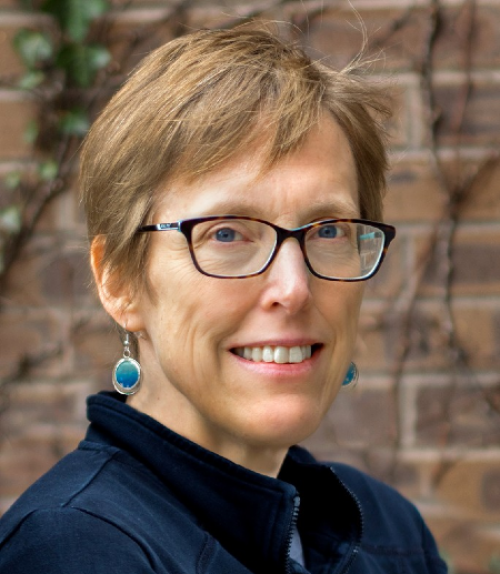Holding chaos at bay in the quantum world
Cornell Chronicle
 Department Homepage
The College of Arts & Sciences
Department Homepage
The College of Arts & Sciences
